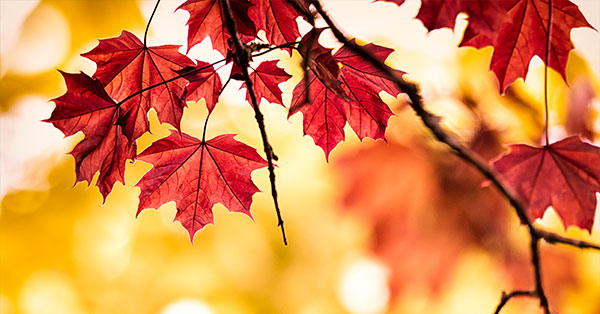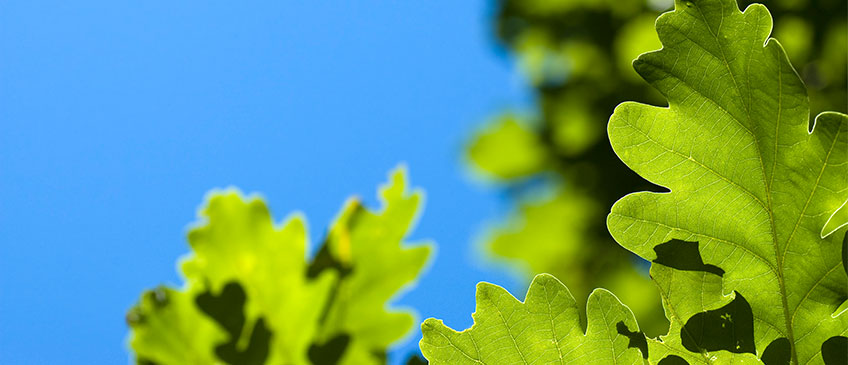Now that the spring had made its debut and the summer season is quickly approaching, many homeowners are searching for ways to save money on cooling costs. Believe it or not, planting a shade tree in the right area around your home is one of the best ways to do so. Shade trees come in a variety of shapes and sizes and can keep the sun off of your home and windows. Here are several shade trees you should consider:
Hybrid Popular
Hybrid popular trees grow in an oval shape at a very quick rate of 5 to 8 inches a year. They feature triangle shaped leaves that are about 3 to 6 inches long and 4 to 5 inches wide with rounded teeth. Their spreading canopies are effective in blocking sunlight and can save you a significant amount of money on cooling.
American Sycamore
American sycamore trees generate large, deep green leaves that are usually found in areas with a lot of moisture. Due to the fact that these trees cannot tolerate droughts, they must be planted in areas where water will always be available. American sycamores stand out among other shade trees because they resist salty soils and pollution and can withstand hail, wind, and other inclement weather.

Red Maple
Admired for their fiery red foliage in the fall, red maple trees are excellent providers of shade. Although they grow the best in moisture, they can thrive in a variety of weather conditions including neutral, acidic, and wet soil as well as extreme temperature fluctuations. These trees are also transplanted and grow up to 60 feet.
Nuttall Oak
Also known as pin oak or red oak, the Nuttall oak is the fastest growing oak tree. In addition to providing a leafy canopy, it can give animals such as deer and squirrels a large supply of acorns each year. Since Nuttall oak trees won’t invade water lines, do not develop surface roots, and contain leaves that leave a substantial amount of head room beneath its branches, they are ideal for patios, lawns, or streets.
Weeping Willow
The weeping willow stands out from other shade trees because of its ground sweeping branches and long, skinny leaves. Weeping willow trees typically grow between 30 and 40 feet. While they grow exceptionally well near moisture, they can tolerate droughts. They also provide nests for small birds as well as food for deer, rabbits, and beavers.
Now that you are aware of 5 of the fastest growing shade trees, you should select one or a few that are right for your particular climate and needs. In addition to saving you some cash and helping the environment, you’ll add some serious curb appeal to your house.

